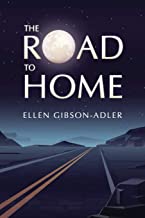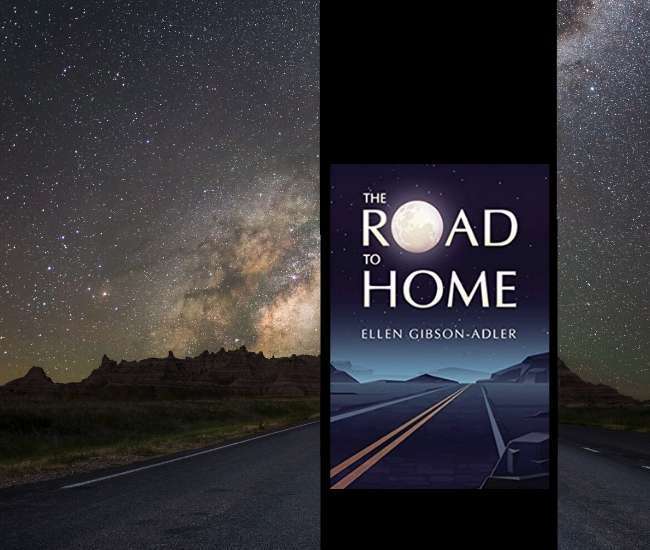The Road to Home
Nelle Lyons indeed is now discovering the truth of those words, spoken by her grandfather in The Road to Home (Gatekeeper Press), the third book in Ellen Gibson-Adler’s trilogy chronicling the lives of the Lyons family. It is a multigenerational tale of broken and imperfect people trying to come to terms with their pasts and find hope in the future, after so much disappointment and pain.
Nelle is now a young adult, shaped but not defined by the experiences of her unstable childhood (as recounted in The Ride to Jubilee). With her mother’s whereabouts unknown, her father in a psychiatric hospital and her dearly loved grandfather newly deceased, Nelle has a new set of challenges to face.
Wrapped inside this story of loss and growth is an adventure in the small-town community of West River, Louisiana. When a series of thefts and sabotage crops up around the town’s annual Jubilee, Nelle, her boyfriend Pete, and their friend, Chief of Police Beau Boudreaux, set out to solve a mystery that leads them on an unexpected path. Along the way, we are delighted by a menagerie of colorful characters that make up West River’s unique community.
NOT THE FUTURE THEY HAD IN MIND
Fans of the earlier novels in the series, and in particular the prequel, The Voyage, will be especially interested in the chapters devoted to following the trajectory of Nelle’s mother, Maggie, as she works to rebuild her life and self-worth after leaving her daughters behind in Louisiana; as well as Nelle’s father, Terry, as he struggles with psychosis, the internal ravages of war, and his forced isolation. This was not the future they had envisioned for themselves or each other.
As Beau Boudreaux says at one point, “Dreams can tear you up. Shred you to pieces. Can’t always put it all back together. Come back a little crooked.”
Woven throughout are the memories of wisdom imparted by Nelle’s grandfather and Pete’s Papaw, also recently deceased. Among the town’s elders, there is a sense of peaceful resignation, the enjoyment of the fruits of life’s labor, and trust in passing the reins to a new generation undergoing the cultural shift of the Vietnam War era.
A DELICATELY INTERWOVEN PLOT
To accompany the diverse cast of characters, the story is rich with subplots, but they all echo and reflect on each other, like ripples in a pond: remorse, redemption, resilience, remaking the self. The characters’ lives are interwoven in delicate, intricate ways, and the demons they each struggle with are as universal as they are personal. The “road to home” is not just literal, and each character traverses a different one.
As Maggie says, “The road to home is short. It’s the detours that get in the way of taking us back where we belong.” And yet, it is those very detours that bring us to appreciate the home we are returning to — or creating for ourselves, wherever we are.
The Road to Home is available for purchase. Learn more about Gibson-Adler on her BookTrib author profile page and more about the Lyons family trilogy in our Author Spotlight.
Buy this Book!
Amazon







